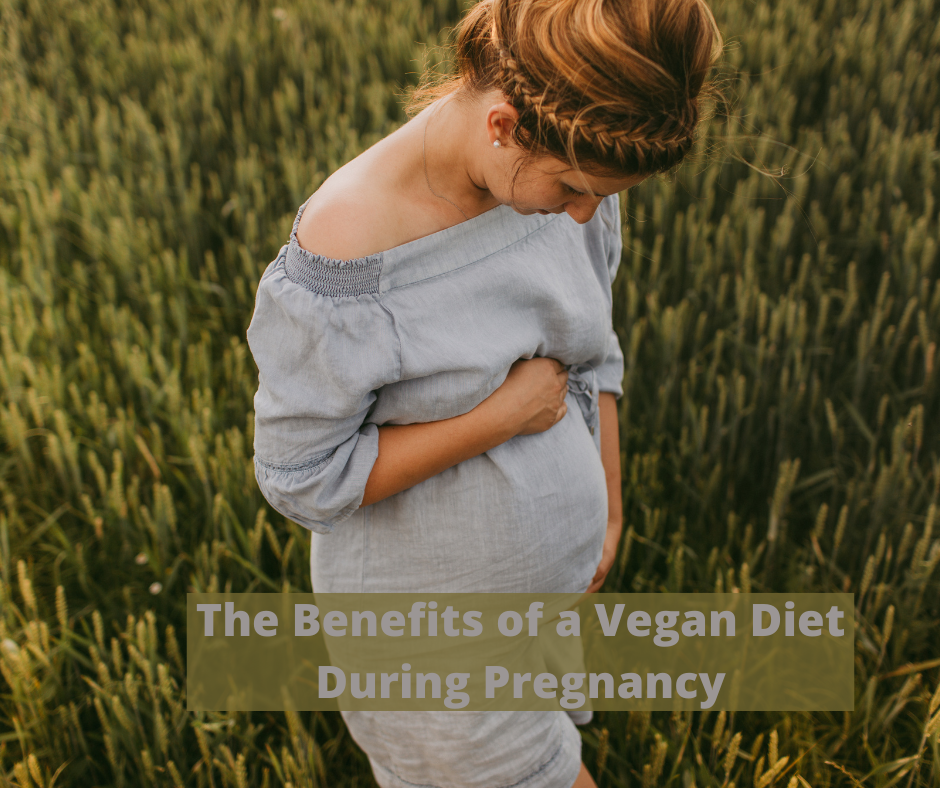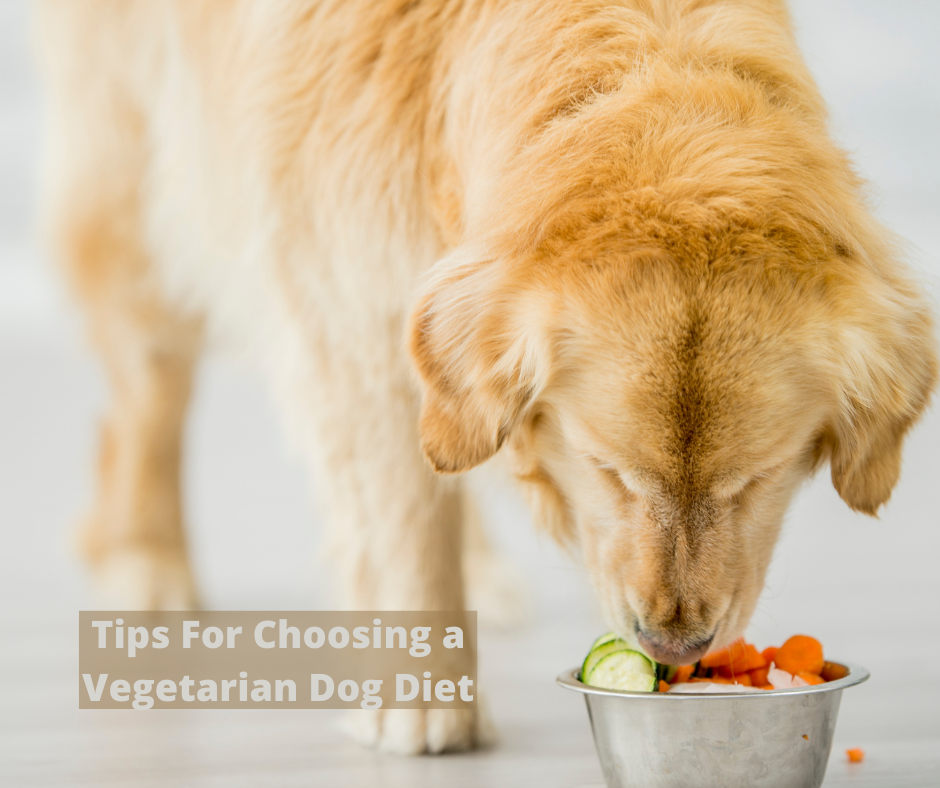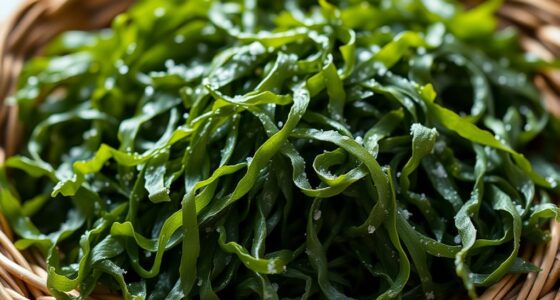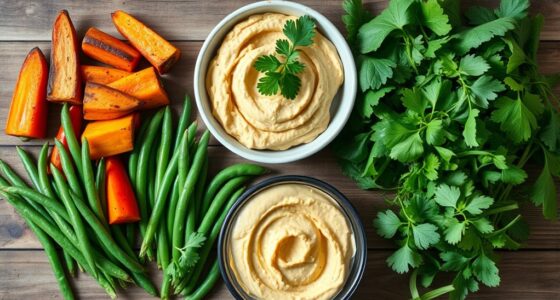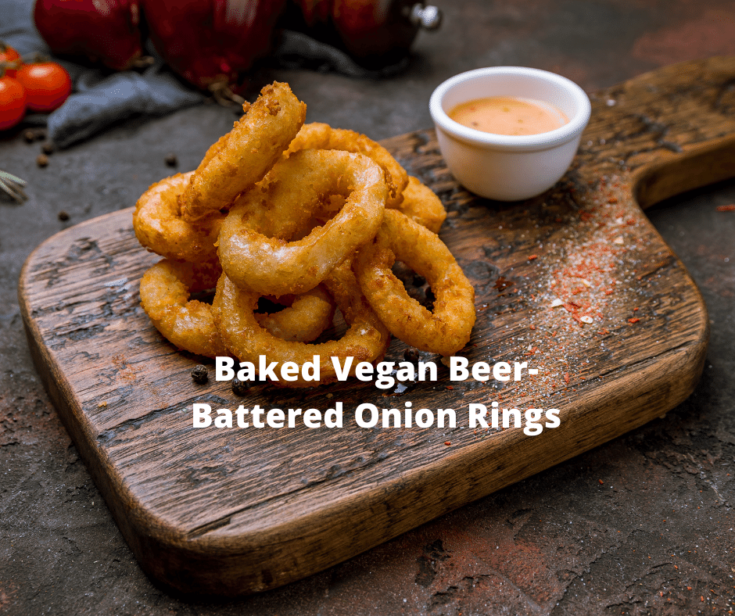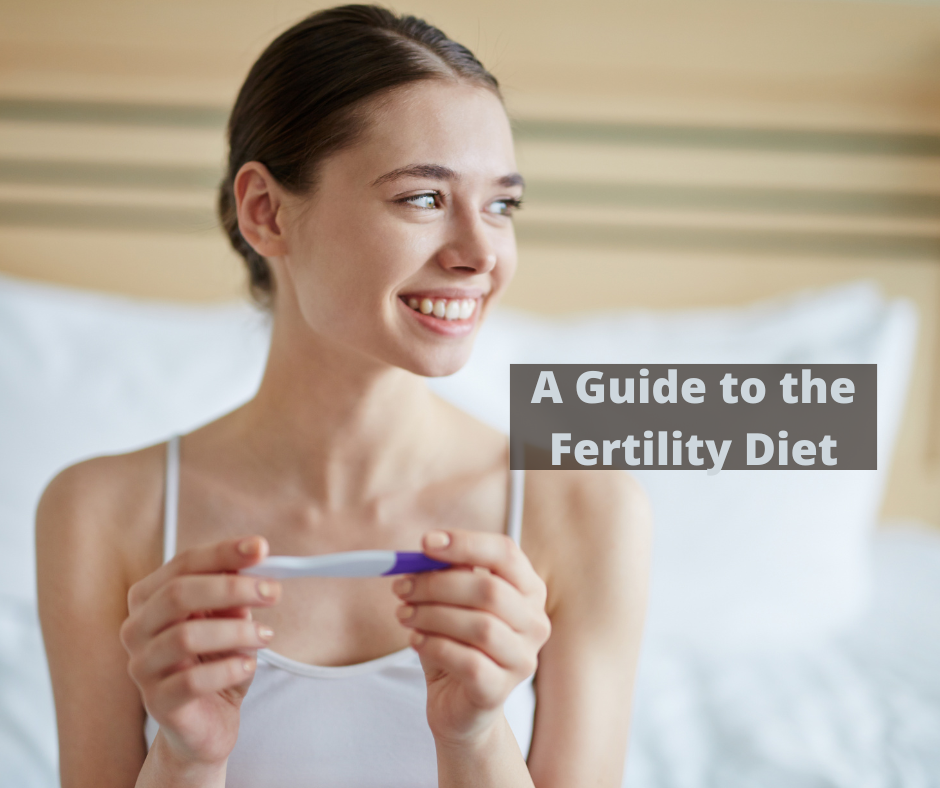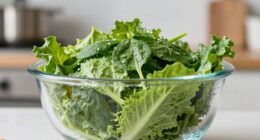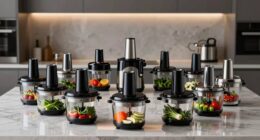When you’re expecting, your food choices take center stage. What you munch on has a huge impact on your baby’s health. But boy, figuring out the best eats can feel like solving a puzzle with all the advice out there. If you’re toying with the idea of going vegan during your pregnancy, there are a few key things to chew over.
First, vegan diets are typically high in fiber, which can help to prevent constipation—a common pregnancy complaint. They’re also rich in folic acid, a nutrient that’s essential for healthy fetal development. And finally, vegan diets tend to be low in saturated fat, which can help to reduce the risk of gestational diabetes. Of course, as with any diet during pregnancy, it’s essential to talk to your doctor before making any changes. But a vegan diet is worth considering if you’re looking for a healthy and sustainable way to nourish your growing baby.
The Benefits of a Vegan Diet During Pregnancy
This article will examine some of the nutrients you should get on a vegan diet. We’ll also discuss iron deficiency, lactation, and vitamin D levels during pregnancy. You must get enough of these nutrients. Iodine is an essential mineral for pregnancy and should be included in your diet at a minimum of 7 mg daily. Here are some of the benefits of iodine for your baby and yourself.
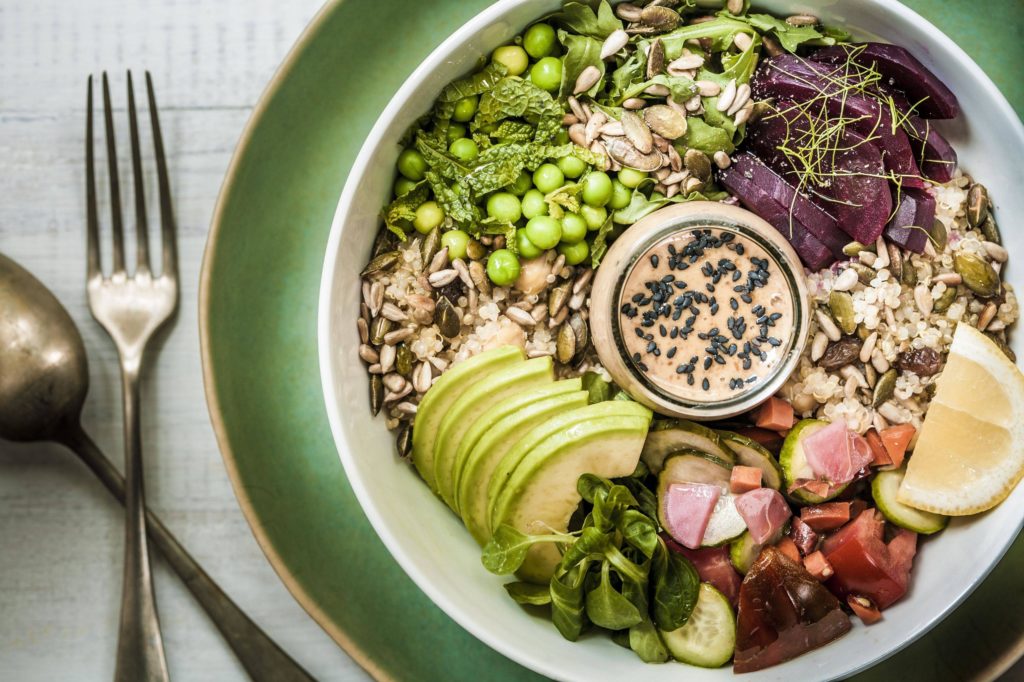
Sources of Protein for Vegans
Vegetarians and vegans need a certain amount of protein for the growing fetus. They need at least 70 grams of protein a day to support the rapid growth of the fetus, to create amniotic fluid, and to provide the necessary storage reserves for labor and delivery. In addition, they need adequate amounts of protein to build strong bones. A plant-based diet is a great way to meet this need. Protein sources for vegans during pregnancy include nuts, soy products, whole grains, legumes, and soy milk.
Iron Deficiency During Pregnancy
As the body prepares for the arrival of a child, women’s bodies produce more red blood cells, which contain iron. The human body cannot make its iron, so it needs to be obtained from food or supplements. Iron-rich foods may help prevent and even treat anemia during pregnancy. There are two forms of iron: heme and non-heme. Heme iron is the most easily absorbed by the body, while non-heme iron is less effective.
Iron Deficiency During Lactation
Pregnant vegan women should choose foods rich in iron and Vitamin C and limit those that reduce iron absorption. Because the body better absorbs heme iron, vegetarians must consume twice the amount of iron found in meat and other animal products. In addition, vegetarians’ iron stores are often lower than those of meat-eating mothers. However, the iron in vegan diets may be higher than those of omnivorous women.
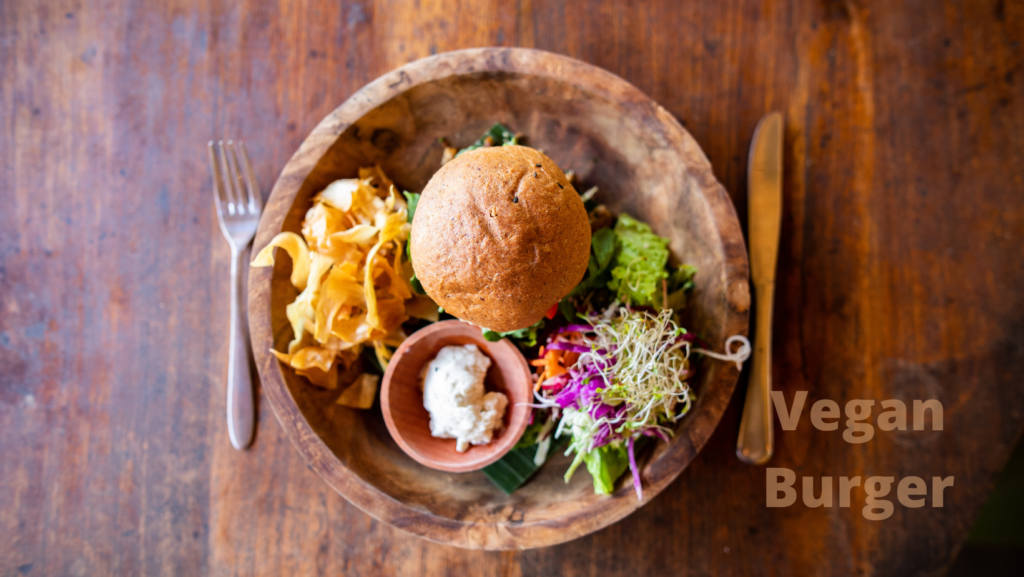
Vitamin D Levels
During your pregnancy, your body needs plenty of Vitamin D, but a vegan diet can limit your intake of Vitamin D. You can obtain Vitamin D from the sun, but it can be difficult to get enough food-based vitamin D. You may need to take a supplement, which you can get from foods such as beans, lentils, and whole grains. In addition, vegans need to be particularly careful with their meal plans and ensure they get enough Vitamin D.
Calcium
While vegan pregnant women may be worried about getting enough calcium, there are plenty of ways to supplement the diet. You can find calcium-set tofu and soya mince that contains no added salt. Calcium-fortified soy milk and figs are also good sources of calcium. Calcium is essential for bone and teeth development and helps reduce the risk of neural tube defects, a birth defect in which the neural cord does not develop properly.
Vitamin A
A vegan diet will not supply you with preformed vitamin A. Because this vitamin is obtained from animal sources, vegans cannot consume it. In addition, consuming preformed vitamin A supplements may be risky for the unborn child, increasing the risk of birth defects. However, consuming preformed vitamin A in small amounts is not considered harmful. Pregnancy-safe amounts of vitamin A are obtainable through fortified food sources.
Vitamin K2
Recent articles have questioned whether a vegan diet can supply adequate levels of Vitamin K2. It is essential during pregnancy and lactation as a critical nutrient for bone health. While many foods have large amounts of Vitamin K2, a few vegan options can help you reach recommended intake levels. Natto, for example, contains the highest amount of plant-based Vitamin K2.
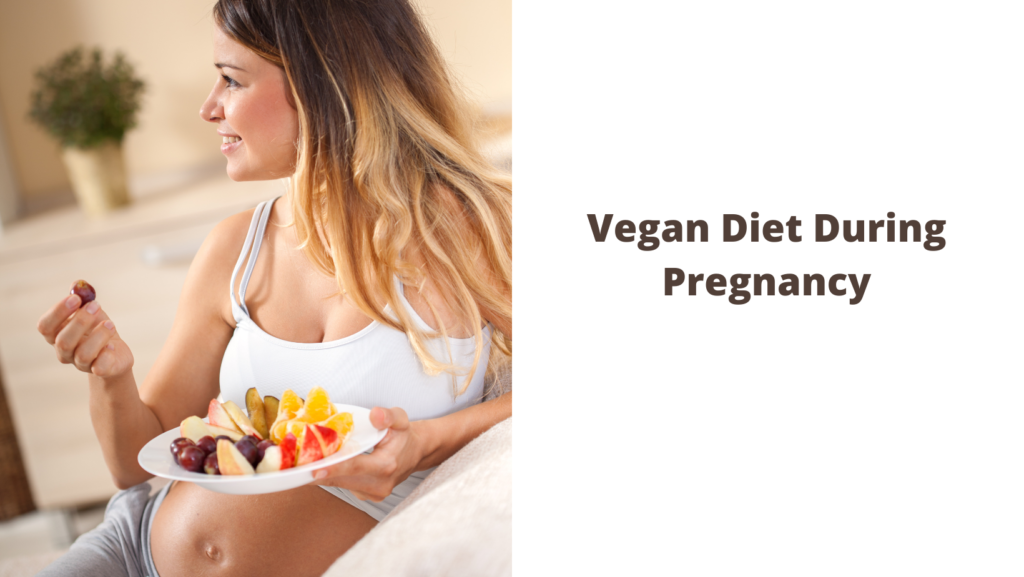
Conclusion
A vegan diet during pregnancy can provide the necessary nutrients for a healthy pregnancy. While a vegan diet may limit the intake of some vitamins and minerals, there are many ways to supplement the diet. Vegan pregnant women should be sure to include plenty of calcium-rich foods and Vitamin D in their meals.
